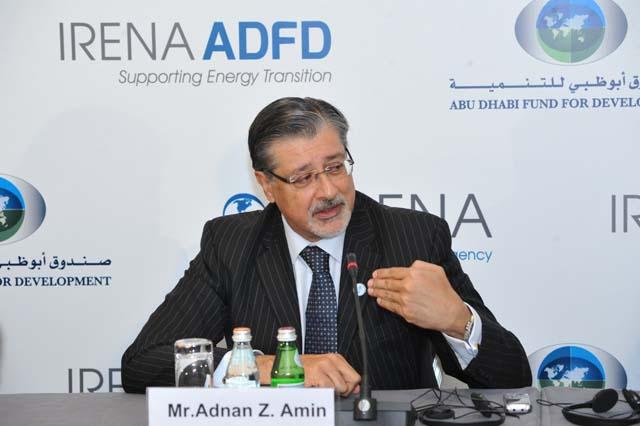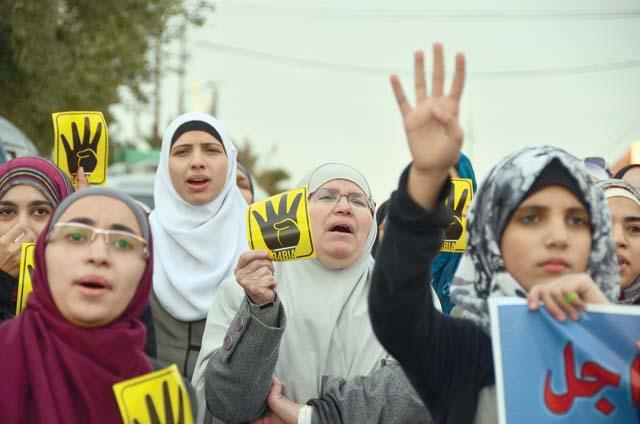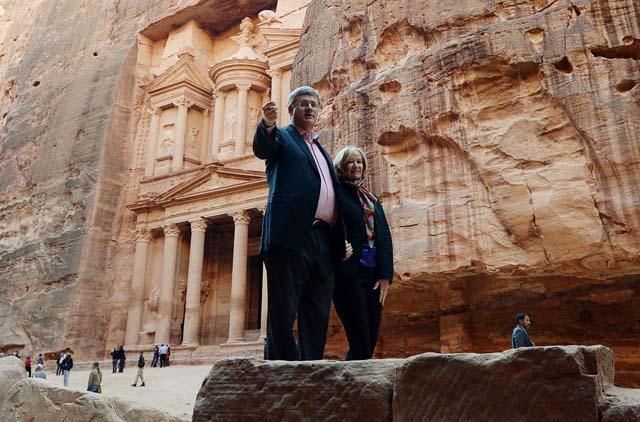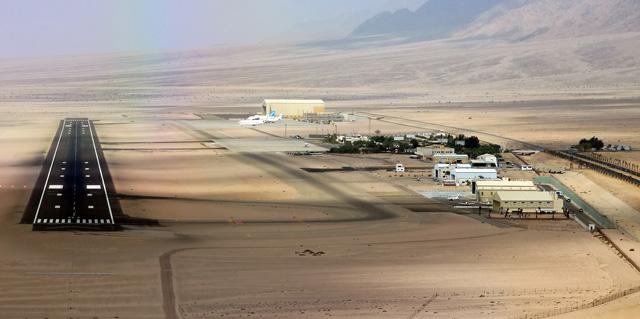AMMAN — India is keen on strengthening its cooperation with Jordan in economic, industrial and trade spheres as well as in the areas of defence, consultation and expertise exchange, India’s Ambassador to Jordan Radha Ranjan Dash said.
In an interview with The Jordan Times on Friday on the occasion of the 65th anniversary of his country's republic day, the ambassador highlighted current cooperation and prospects for further joint projects.
"There is a lot of scope,” he said, describing Jordan as a model in the Middle East. “It remains an oasis of peace and stability," Dash noted, underlining the importance that India attaches to ties with the Kingdom.
India’s republic day commemorates the day when the constitution of India came into force on January 26, 1950. The day officially marks the birth of an independent India and the swearing-in of its first president, Rajendra Prasad, after 100 years of British rule.
An annual parade will take place near India Gate in the capital, New Delhi, featuring members of the navy, air force and army to mark the occasion.
The country's 28 states bring their cultural troupes who perform throughout the parade for visitors from different parts of India and abroad, the ambassador said.
Well ahead of the republic day, festivities were under way in several parts of India, with participants hoisting the Indian tricolour and chanting the words "Vande Matharam,” which means "Salute our Mother Land."
Today, with a population of more than 1.21 billion, India has become the world's third largest economy in purchasing power parity terms.
Its relations with Jordan are steadily progressing in various fields, according to Dash.
“We are very hopeful that there will be more business between the two countries,” the ambassador said, noting that the “fairly balanced” bilateral trade volume totalled $1.23 billion between January and October 2013.
"We are importing phosphate, potash and phosphoric acid to make fertilisers. India is a big market. We need fertilisers for our agriculture," he said, underscoring the huge opportunities that Jordan can tap.
Jordan's imports from India include frozen meat, basmati rice, machinery, pharmaceuticals and spare parts, the envoy indicated.
As part of ongoing cooperation, an $850 million joint venture between the Jordan Phosphate Mines Company (JPMC) and the Indian Farmers Fertilisers Cooperative will become operational in March 2014, he noted.
Moreover, the JPMC, Gujarat Narmada Fertiliser Company and United Phosphorous Limited signed a trilateral memorandum of understanding in March 2013 to set up a new phosphoric acid plant in Jordan, according to the ambassador.
“I am confident this project will be implemented,” Dash said.
An Indian business delegation is due to visit Jordan to explore prospects for more cooperation and "we are trying to schedule the meeting in 2014," he elaborated.
Now, "we are waiting for two delegations to visit India," he noted. The first comprises pharmaceutical representatives, and the second small- and medium-sized enterprises, Dash added, underscoring the potential for expertise exchange and setting up joint ventures.
With India's vast experience in IT, Jordan has embarked on cooperation in this domain.
In February 2013, India's Amity University Online and the Talal Abu-Ghazaleh University signed an agreement paving the way for access to online higher education in a range of streams, the ambassador said.
Dash also highlighted tourism cooperation and ongoing consultations between the foreign ministries of Jordan and India.
There are direct flights between the two countries and Jordan is just five-and-a-half hours away, he said, adding that “people to people contact is very important.”
Around 80,000 Indians visited Jordan in 2013; they come to see Petra, Wadi Rum, Aqaba and the Dead Sea, the lowest point on Earth, Dash said.
Moreover, Bollywood has also been showing an interest in exploring Jordan as a location for shooting films, according to the ambassador.
A song in "Krrish 3", a 2013 science fiction film, was shot in Jordan and “shows Petra’s Treasury”, the ambassador noted.
At present, the Indian community in Jordan is estimated at around 10,000, most of them employed in the garment and health sectors.
Some 25 garment factories in Qualifying Industrial Zones are owned by Indians with an investment of over $60 million, providing jobs to more than 9,000 employees.
New Delhi and Amman signed the first cooperation agreement in 1947, when India gained its independence, and diplomatic ties were formalised in 1950, according to the Indian embassy.


















